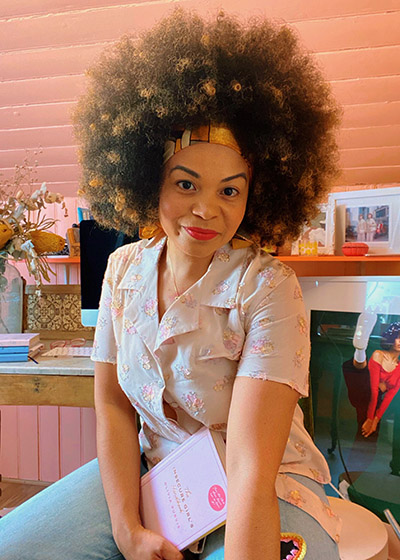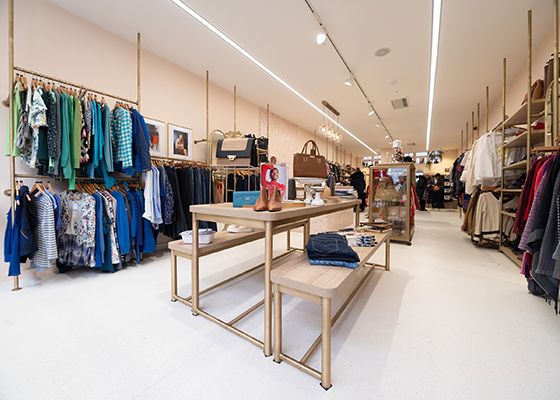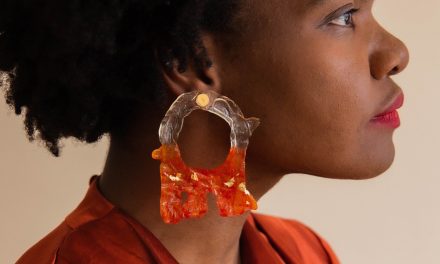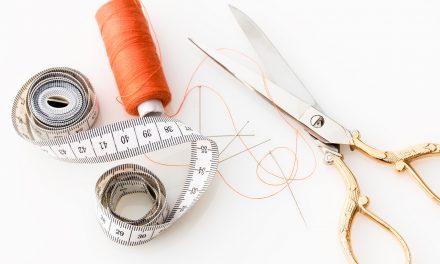Style With Substance – Episode 5 The Rise Of Thrifting
In episode 5 of Style With Substance we take a deep dive into the rise of thrifting. This week we spoke to Emma Slade Edmondson about shifts in consumer attitudes towards second hand and how COVID-19 is changing the landscape of sustainable fashion.
Episode 5 – Show Notes
“I believe people are on a journey with the way they view thoughtful fashion and sustainability and are accepting the idea that they need to change. For me thrifting is a really important and valid step in this journey.” – Emma Slade Edmondson
Thrifting Makes Sustainable Fashion Accessible
Time and again, we hear people put off by the expense of buying from sustainable and ethical fashion brands. And yes, if you were buying a beautifully made alpaca jumper from Gabriela Hearst then you can expect to pay upwards of £1000. However, a more exciting place to start would be by buying second hand, or preloved. Kate Moss made vintage cool in the early noughties but until very recently charity shopping was not. Now however, having sharp elbows and a talent for spotting vintage Laura Ashley is a boast. Instagram influencers often describe themselves in their bios as ‘Thrifters’. They tag their items with the charity shops they found their gems in, and boast of the money saved and the inspiration they find through not shopping the high street.
Is Thrifting the antidote to overproduction in Fashion?
According to Hubbub, one in six young people admit that they don’t feel they can wear an outfit again once it’s been seen on social media. This feeling has fuelled Youtube hauls of popular cheap, fast fashion brands like Boohoo, H&M, Primark and Misguided. Last year, Love Not Landfill hosted a pop up in London inviting major charity shops to collaborate with Instagram influencers. Barnardos’ collaborated with Emma Breschi and Oxfam collaborated with Elizabeth Whibly to mention a few. They curated collections of their favorite second hand finds, offering them for sale at the pop up. #LoveNotLandfill’s last pop up made £23,000 for the charities involved and had 4500 visitors.
The role of privilege in fashion
Emma has some interesting insights into the way in which thrifting and second hand shopping is viewed according to privilege in society. However she believes that with the work that she is doing with charity shops and with her initiative ‘Charity Fashion Live’, people’s perceptions of buying preloved clothes are changing. She is only too happy to see a rise in popularity but hopes that post lock down, we continue to love thrifting and avoid the high street where we can.
Please recommend us to one person so we can continue to spread our message of sustainable living.
Mentioned Within The Podcast
Credits
Host Lucy Kebbell
Theme created by Joe Murgatroyd
Disclaimer: The people and models in the images featured are not associated with The Vendeur and do not endorse it or the products shown. This post may contain affiliate links. Prices correct at time of publishing.








